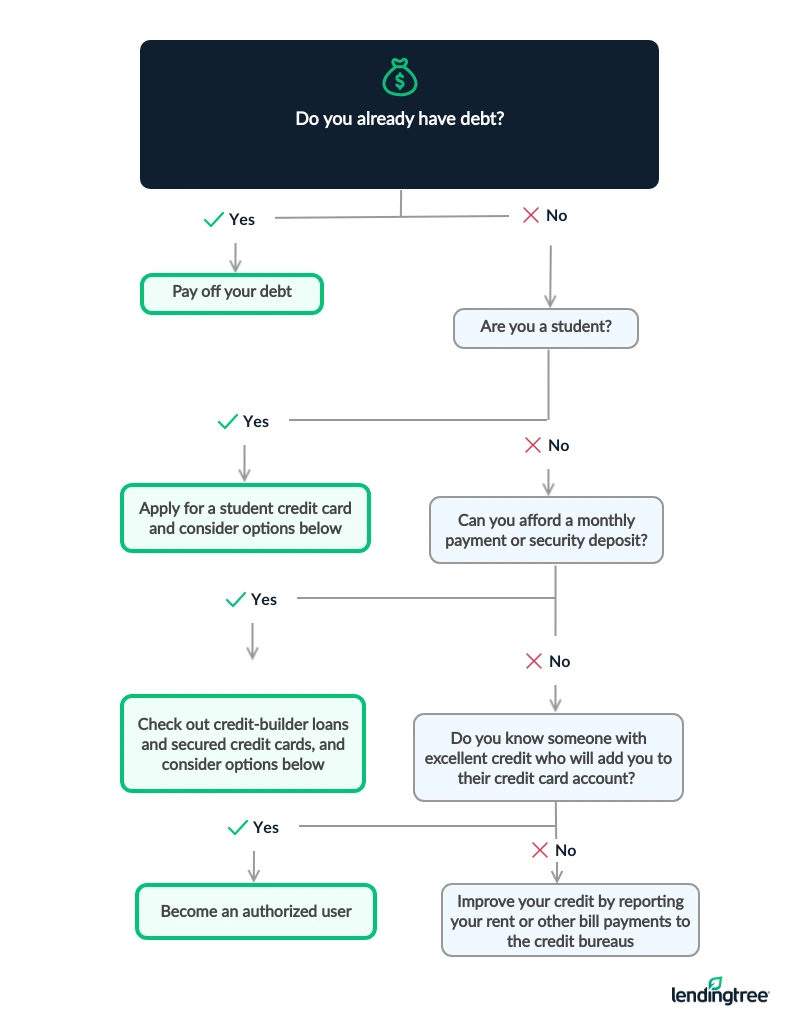What is a Credit-Builder Loan and Where Can You Get One?
Boost your credit and your savings

Boost your credit and your savings




Credit-builder loans work differently from traditional loans. Instead of borrowing money that you can use right away, you’ll make fixed monthly payments into an account that the lender holds for you. When your loan term ends, you’ll get your money back — minus any interest or fees.
The real benefit of credit-builder loans? You’ll build a payment history (worth 35% of your credit score). Your lender reports each on-time payment to the credit bureaus, proving to future lenders that you can manage debt responsibly.
If your credit (or lack of credit) has been keeping you from qualifying for credit cards or loans, a credit-builder loan could be a smart first step.
But be aware, you’re not borrowing money you can spend. You won’t find credit-builder loans that give you money upfront. If that’s what you need, then you’ll probably want to look for a bad credit personal loan instead.
Yes, credit-builder loans could be worth it if you need to build credit from scratch and can easily afford the monthly payments.
The Consumer Finance Protection Bureau (CFPB) conducted a study and found that credit-builder loans tend to work best for people who don’t already have debt.
Borrowers with no existing debt saw their credit scores rise by about 60 points after using a credit-builder loan.
For borrowers who already had debt, scores dropped slightly, by around 3 points. So, if you already have credit card or loan debt, look into other ways to improve your credit score.
Consider these points before jumping into a credit-builder loan contract.
Use our flowchart to decide if you should apply for a credit-builder loan or choose an alternative.

| What it is | How it builds credit | Pros and cons | |
|---|---|---|---|
| Secured credit card | A credit card with a security deposit that acts as your credit limit | Reports payments to credit bureaus | Pros: Low credit requirements, can graduate to a regular card with responsible use Cons: Requires a security deposit |
| Become an authorized user | Being added to a trusted family member or friend’s credit card account | Card payment activity appears on your credit account | Pros: Free, no credit requirement Cons: Only works if your relative/friend makes payments on time and keeps the balance low |
| Pay off current debt | Paying off any credit cards or loans with balances | Improves your credit utilization ratio, which is part of “amounts owed” (worth 30% of your FICO Score) | Pros: One of the best long-term ways to improve your credit Cons: Takes time and discipline |
Expert
Our personal loan writers and editors have 32 years of combined editorial experience and 28 years of combined personal finance experience.
Verified
100% of our content is reviewed by certified personal finance professionals and meets compliance and legal standards.
Trustworthy
We put your interests first. We’ll tell you about any loan drawbacks and be clear about when to consider alternatives.
Yes. Although credit-builder loans are easier to get than traditional loans, the lender will deny you if you don’t meet its minimum requirements.
In short, yes. Paying off a credit-builder loan early defeats the purpose of getting a loan to establish a positive payment history. The more on-time payments you make, the more you extend your credit history and demonstrate that you’re a responsible borrower.
Borrow as much as you can comfortably pay back. If you can’t make your loan payments on time every time, your credit will take a hit, defeating the purpose of the loan.
Yes, although you may need to have at least fair credit in order to get a personal loan, and even better credit to get the cheapest rates. You can shop online for personal loan lenders to see if you qualify, as well as check with your own bank or credit union.
To choose the top four credit-builder loans available to consumers across the United States, we systematically reviewed and evaluated the top credit-builder loans currently on the market. We rated lenders across fifteen data points in three categories.
Based on our comprehensive rating system, the best credit-builder loans come from Credit Karma, BMO, DCU and MoneyLion.
We gave lenders points for making their loans available to consumers nationwide, for not requiring membership to get a loan and for skipping a hard credit pull when evaluating loan eligibility.
To receive top marks, lenders must offer competitive interest rates, low fees and flexible repayment terms.
We used trusted third-party sources to assess the customer experience with each lender, awarding points to lenders who refund interest and put funds into an account that earns dividends.
Our writers and editors dig through the facts, contact lenders directly and even go through the application process ourselves if it helps better explain what you can expect. As a Certified Financial Education Instructor℠, I’m committed to breaking down complex financial details so people can make confident, informed decisions with their money.
Jessica’s experience in editing and financial education helps shape LendingTree articles that are clear, accurate and truly useful to readers. Her certification means our recommendations are built on a foundation of consumer-first financial knowledge — not just numbers.